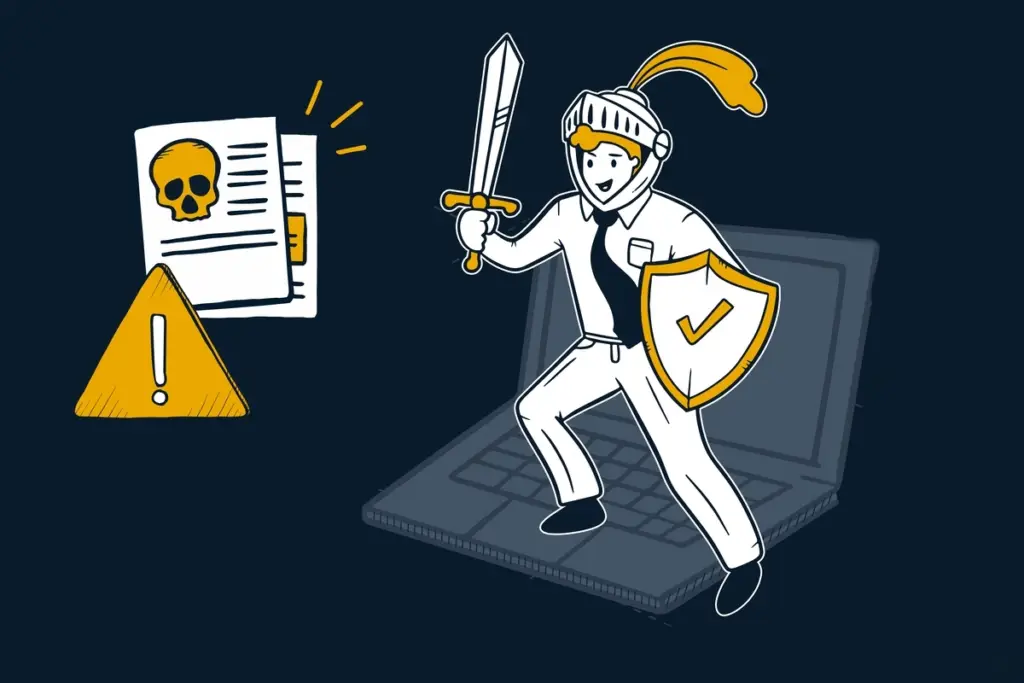In an age where digital threats are prevalent, small businesses find themselves increasingly vulnerable to cyber-attacks. While large corporations dominate headlines, the reality is that smaller enterprises face a higher frequency of these threats.
Despite this threat, many small and midsize businesses (SMBs) still believe they are immune to such risks, a misconception leaving them dangerously unprepared. With a significant percentage of cyber-attacks targeting SMBs, the need for robust cybersecurity measures has never been more critical.
Cyber-security for SMBs
Enterprise organisations have utilised strong GRC (Governance, Risk Management, and Compliance) structures for decades to ensure security and operational efficiency. These frameworks go beyond best practices, comprising concrete steps for cyber-crime protection that mitigate breach risks, minimise data loss, and implement standards for recovery from incidents.
Small businesses need to adopt GRC
When prominent organisations such as Boeing are attacked, it becomes major news. However, cyber-criminals are increasingly targeting smaller vendors integral to supply chains. The focus has shifted to smaller entities working with large contracts, like those with the US Department of Defense (DoD).
The DoD’s Cybersecurity Maturity Model Certification (CMMC) has been expanded to enhance requirements for SMBs involved with the department. This expansion aids SMBs in achieving compliance with frameworks like NIST, CIS, ISO, and SOC 2. Meeting these standards helps organisations implement crucial security measures such as backup policies, information security controls, and incident response protocols.
How do SMBs tackle compliance and governance?
The demand for cyber-security and IT services in the mid-market is high, yet resources remain scarce. CyberSeek reports nearly 500,000 job openings in cyber-security, with these roles taking significantly longer to fill compared to other IT positions.
Businesses are increasingly turning to existing IT support and managed service providers (MSPs) to establish GRC. The MSP industry is stepping up, offering compliance as a service to secure clients and meet evolving governmental and industry standards.
MSPs have recognised the growing need for enhanced security measures. Their investment in compliance services not only protects clients but also opens new business opportunities. This shift is vital for SMBs striving to remain compliant and secure in a constantly evolving landscape.
Government Support for Cyber-Security
Governments worldwide are acknowledging the vulnerabilities of small businesses and are extending support to improve their security posture. The White House’s 2024 report highlights that ransomware groups are increasingly targeting less defended organisations such as schools and hospitals.
In response, the Federal Communications Commission (FCC) has instituted a pilot program to allocate $200 million over three years for cyber-security services and equipment for schools and libraries.
GRC is the future of security for small businesses
The evolution of the MSP industry signifies the early stages of a broader push for SMB cyber-security. Emerging regulations from governments and industries further underscore the necessity for compliance services and GRC tools.
As more businesses adopt these measures, the landscape of cyber-security will transform, making proactive security a priority across the board.
From large corporations to small enterprises beginning their security journey, the imperative to enhance security frameworks is now universally recognised.
Conclusion
Enhanced cyber-security is no longer a luxury but a necessity for small businesses. The adoption of GRC frameworks is pivotal in protecting these enterprises from an increasing array of digital threats.
With ongoing support from governments and advancements in technology through MSPs, SMBs are better equipped to tackle these challenges head-on.
Enhanced cyber-security is no longer a luxury but a necessity for small businesses. The adoption of GRC frameworks is pivotal in protecting these enterprises from an increasing array of digital threats.
With ongoing support from governments and advancements in technology through MSPs, SMBs are better equipped to tackle these challenges head-on.


